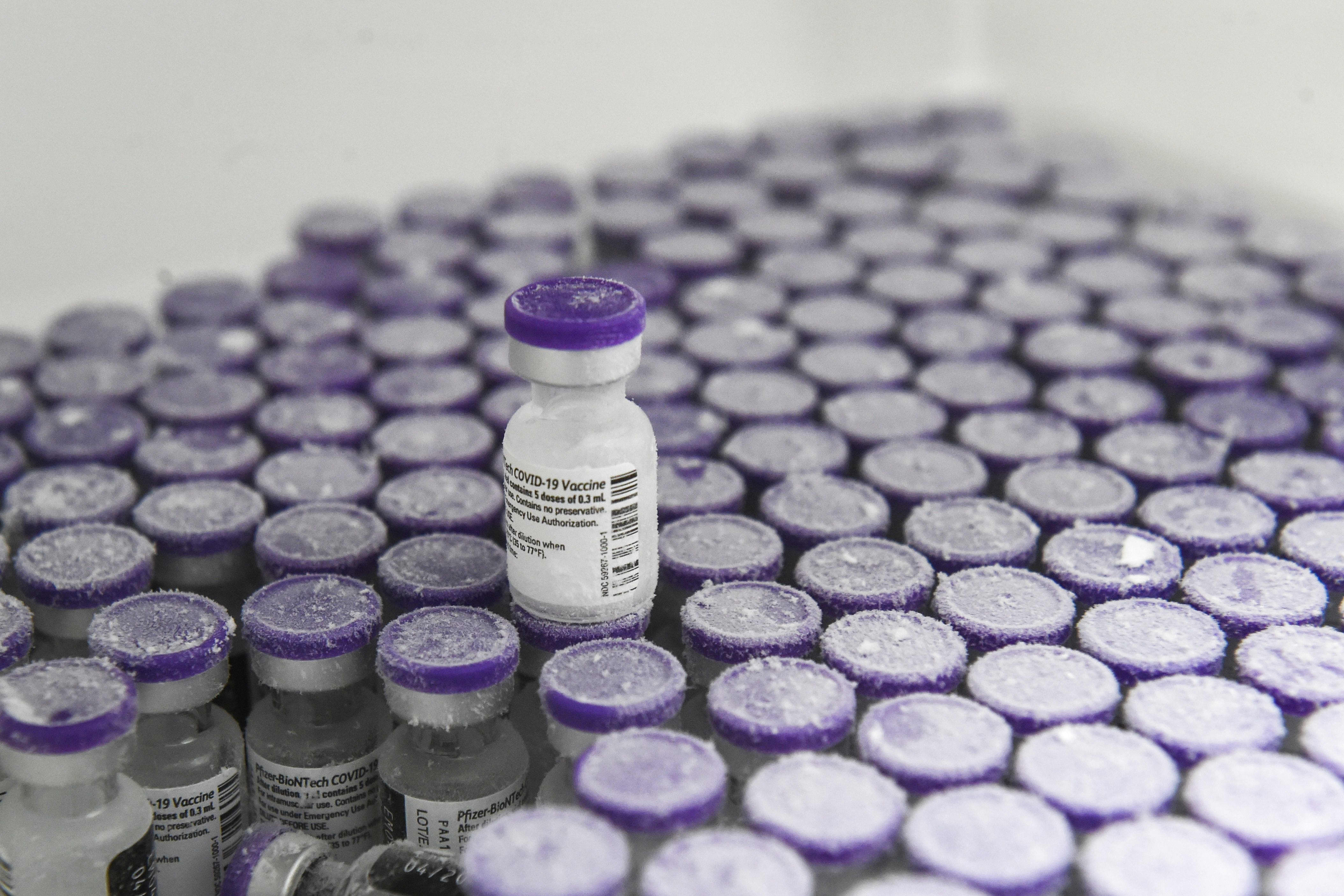Waiving patents for Covid vaccines won’t solve the ‘need of the hour,’ says Indian drugmaker

The world faces a major shortage of Covid-19 vaccines, and waiving intellectual property rights won’t address the “most immediate problem,” says the global CEO of an Indian pharmaceutical firm.
“I’m not so sure that an IP waiver at this stage is something that can … solve an immediate problem,” said Umang Vohra of Cipla, who sees two issues that need to be resolved.
The first and most immediate problem is the need to vaccinate millions, and the second is long-term access to vaccines, he told CNBC’s “Street Signs Asia” on Wednesday.
Waiving patent protections may be helpful with long-term access, but will not likely help much in the short run, Vohra said.
There should be more partnerships to be able to bring more vaccines into parts of the world that currently don’t have that supply.
Umang Vohra
Global CEO, Cipla
“We’re more about creating access at the immediate moment because I think that’s the need of the hour,” he said.
“There should be more partnerships to be able to bring more vaccines into parts of the world that currently don’t have that supply,” he added.
Proposal to waive patent rights
Vials of the undiluted Pfizer-BioNTech vaccine for Covid-19, stored at -70 ° in a super freezer.
Jean-Francois Monier | AFP | Getty Images
‘Considerable know-how’
Cipla’s Vohra agreed that there are high-level skills involved in the manufacturing of mRNA vaccines such as those developed by Pfizer–BioNTech and Moderna.
“I do believe that manufacturing for these is complicated, I do believe that there exists considerable know-how,” he said. “It’s not just about IP, but it’s really about that technology and the experience that companies have had in formulating their technology.”
He added that large vaccine manufacturers appear to be more concerned about the fragility of the supply chain rather than a capacity shortage.
Ultimately, Vohra said waiving IP protections would not instantly provide vaccines to parts of the world that don’t have access to the shots — and that’s the urgent problem.
He said existing partnerships provide a template for how vaccines can be distributed.
“I think if we were to step back and solve for access, that’s a better goal to solve for, and that will allow many things to sort themselves out,” he said.




